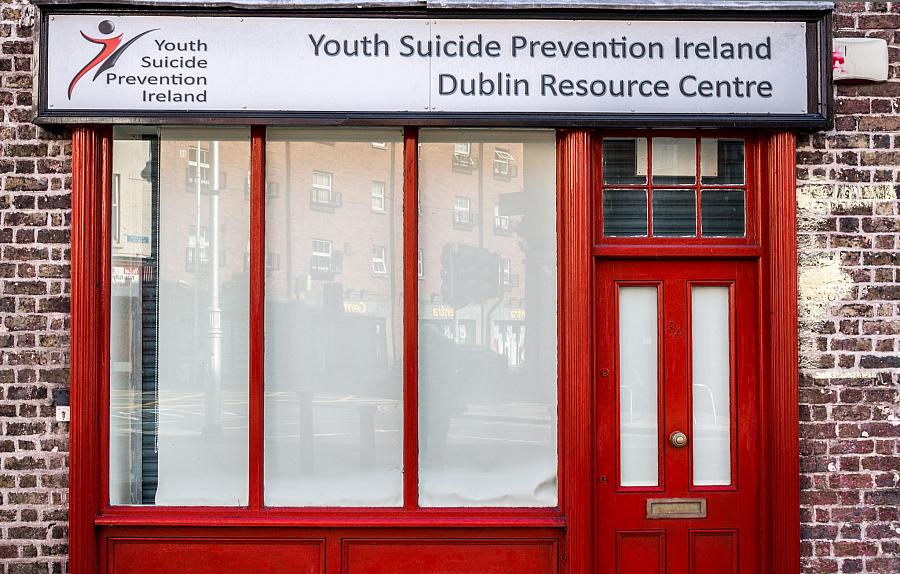A Public Death: Altering death records can have serious consequences

Ireland has a long history of innovations.
It is the country that gave us modern chemistry and seismology.
It gave us whiskey and chocolate milk.
And it gave us Thin Lizzy and the Pogues.
It’s a country that people claim to be from just because it sounds like a cool place to be from. (How many of your friends claim to be part Irish?)
So that makes it even more concerning that Ireland could make a historical mark by being the first country to institutionalize health fraud.
The country is on the verge of creating a system that would allow death certificates to be issued without listing a cause of death. It would create a “short form” death certificate with no cause at all. The move is primarily in response to a member of the Irish parliament asking that family members of suicide victims be spared having to see the word “suicide” on the death certificate.
There’s already a dangerous trend in the United States and elsewhere of cutting off access to death certificates, often in response to a dramatic event. In Connecticut, for example, state lawmakers introduced legislation – so far unsuccessful – to broadly bar access to death records following the shootings of school children at Sandy Hook Elementary.
One of the reasons often offered to keep death certificates secret is the fact that life insurance companies might not pay survivors in certain cases, such as suicides. Assuming that certain causes of death are spelled out in the policy as being exempt from payment, I’m not sure allowing beneficiaries to skirt the rules is a good reason to make vital records secret.
I wrote in my last post about the public health consequences of hiding causes of death. Conversations about death records can run toward the emotional or quickly dissolve into the abstract. To underscore the seriousness of the issue and to get past some of the emotion surrounding the deaths themselves, here are just three examples of how manipulating death records has led to criminal actions.
In Nashville, Sarah C. Moretti, 37, was accused of faking her own death to avoid a shoplifting charge. She was first charged with theft in February 2011 after allegedly stealing about $2,500 in merchandise from a Macy’s. When the court received a death certificate indicating that Moretti had died from a drug and alcohol overdose in Kentucky, the charges were dropped. But the document was later discovered to be a fake, and Moretti was charged anew.
In Zimbabwe, Getrude Mukokovondo, 43, was sentenced to two years in prison for faking a death certificate in order to get an insurance payout. She claimed that her mother had died and tried to get $5,000 out of the Old Mutual life insurance company. Instead, Mukokovondo will go to prison.
And, in Ireland, Pamela Izevbekhai was in the process of being deported back to her home country of Nigeria when she produced a death certificate for a baby daughter she said had died following a female genital mutilation ritual. The death would have been grounds to consider granting her asylum in Ireland. Instead, the death certificate was declared a fake, and Izevbekhai was deported with her two daughters.
Life insurance payouts. Criminal cases. Immigration cases. All can hang on the veracity of a death certificate. Why would a government want to start concealing the facts on a document so important?
At least a few people in Ireland seem troubled by the move to hide suicides and other causes of death on death certificates. Coroner Terence Casey in the southwestern Irish town of Killarney has been making the case for more openness about suicides for years and recently told Donal Hickey at the Irish Examiner that the government was about to undo all of his hard work.
Instead of hiding suicides, Casey has been trying to get people to talk about them, to raise awareness of the warning signs before a suicide, and to spread information about the options to prevent them. Hickey wrote:
He believes such an approach would help reduce the number of suicides. Significantly, the number of deaths by suicide in east and south Kerry fell dramatically since the coroner started highlighting the issue — four deaths to date in 2014 compared to 18 or 19 suicides annually in recent years. “I believe it’s better for people themselves to talk about it because they will then be more inclined to seek help and go to organizations that can help them,” he said.
Anyone in public health will tell you the same thing. Hiding problems doesn’t make them go away. It makes them worse.
Photo by William Murphy via Flickr.
